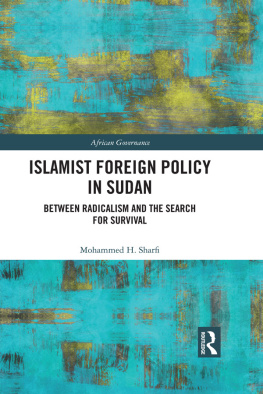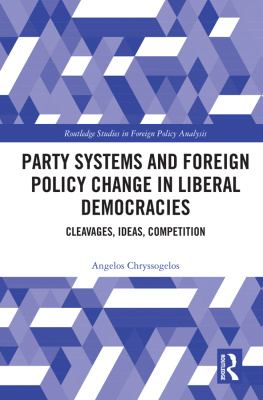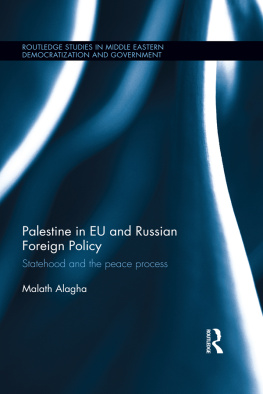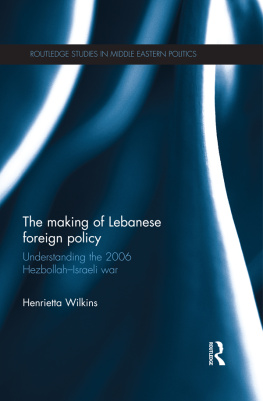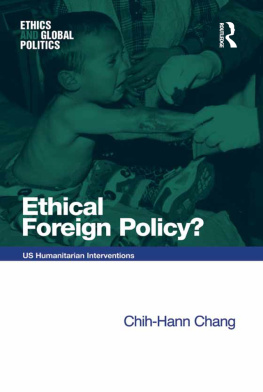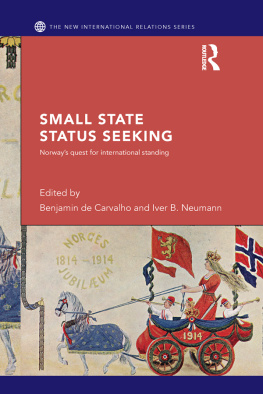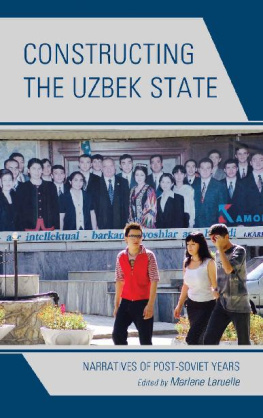Bernardo Teles Fazendeiro - Uzbekistan’s Foreign Policy: The Struggle for Recognition and Self-Reliance under Karimov
Here you can read online Bernardo Teles Fazendeiro - Uzbekistan’s Foreign Policy: The Struggle for Recognition and Self-Reliance under Karimov full text of the book (entire story) in english for free. Download pdf and epub, get meaning, cover and reviews about this ebook. year: 2017, publisher: Routledge, genre: Politics. Description of the work, (preface) as well as reviews are available. Best literature library LitArk.com created for fans of good reading and offers a wide selection of genres:
Romance novel
Science fiction
Adventure
Detective
Science
History
Home and family
Prose
Art
Politics
Computer
Non-fiction
Religion
Business
Children
Humor
Choose a favorite category and find really read worthwhile books. Enjoy immersion in the world of imagination, feel the emotions of the characters or learn something new for yourself, make an fascinating discovery.

- Book:Uzbekistan’s Foreign Policy: The Struggle for Recognition and Self-Reliance under Karimov
- Author:
- Publisher:Routledge
- Genre:
- Year:2017
- Rating:5 / 5
- Favourites:Add to favourites
- Your mark:
Uzbekistan’s Foreign Policy: The Struggle for Recognition and Self-Reliance under Karimov: summary, description and annotation
We offer to read an annotation, description, summary or preface (depends on what the author of the book "Uzbekistan’s Foreign Policy: The Struggle for Recognition and Self-Reliance under Karimov" wrote himself). If you haven't found the necessary information about the book — write in the comments, we will try to find it.
Uzbekistans foreign policy from 1991 to 2016, starting from independence right up to the death of its first president, Islam Karimov, is one of the more distinctive approaches to international politics since the end of the Cold War. This distinctiveness rests on the republics gradual struggle for self-reliance upon becoming independent. Authorities in Uzbekistan, especially its President, were sceptics of the norms that came to prevail across regional and broader international politics.
This book addresses the making of Uzbekistans general foreign policy and its corresponding effects outside Central Asia, particularly at the highest level, among state officials, heads of state and ministers. It shows how a particular set of promises, slogans and attitudes became the pillars upon which Uzbekistans international role was shaped, a role which then affected Tashkents twenty-five year relations with Russia, the United States, Germany and Turkey. The book argues that the Government of Uzbekistan sought to be recognised as a self-reliant power after independence, but that the international norms of the post-Cold War order, coupled with the conflicting aims of the partners with whom it interacted, hindered acknowledgement and contributed to a twenty-year struggle for recognition.
Providing a thorough assessment of President Karimovs legacy in the foreign policy domain, this book contributes to the developing field of role theory and recognition in International Relations. It will also be of interest to academics in the fields of Central Asian and Eurasian politics and international relations.
Bernardo Teles Fazendeiro: author's other books
Who wrote Uzbekistan’s Foreign Policy: The Struggle for Recognition and Self-Reliance under Karimov? Find out the surname, the name of the author of the book and a list of all author's works by series.

